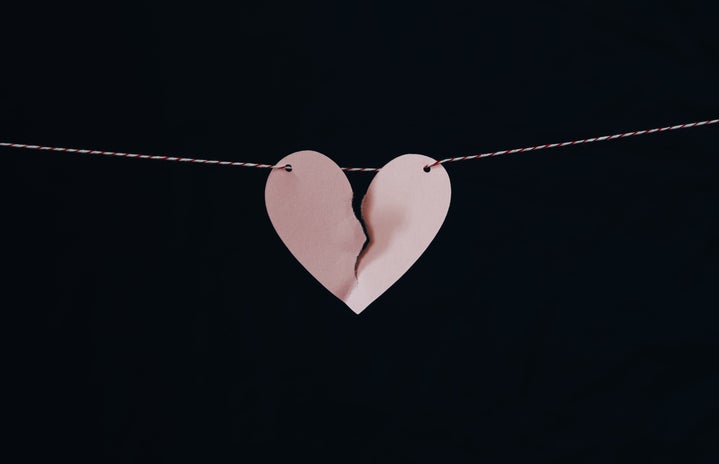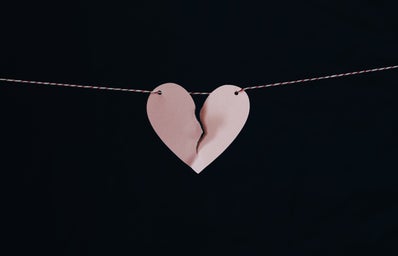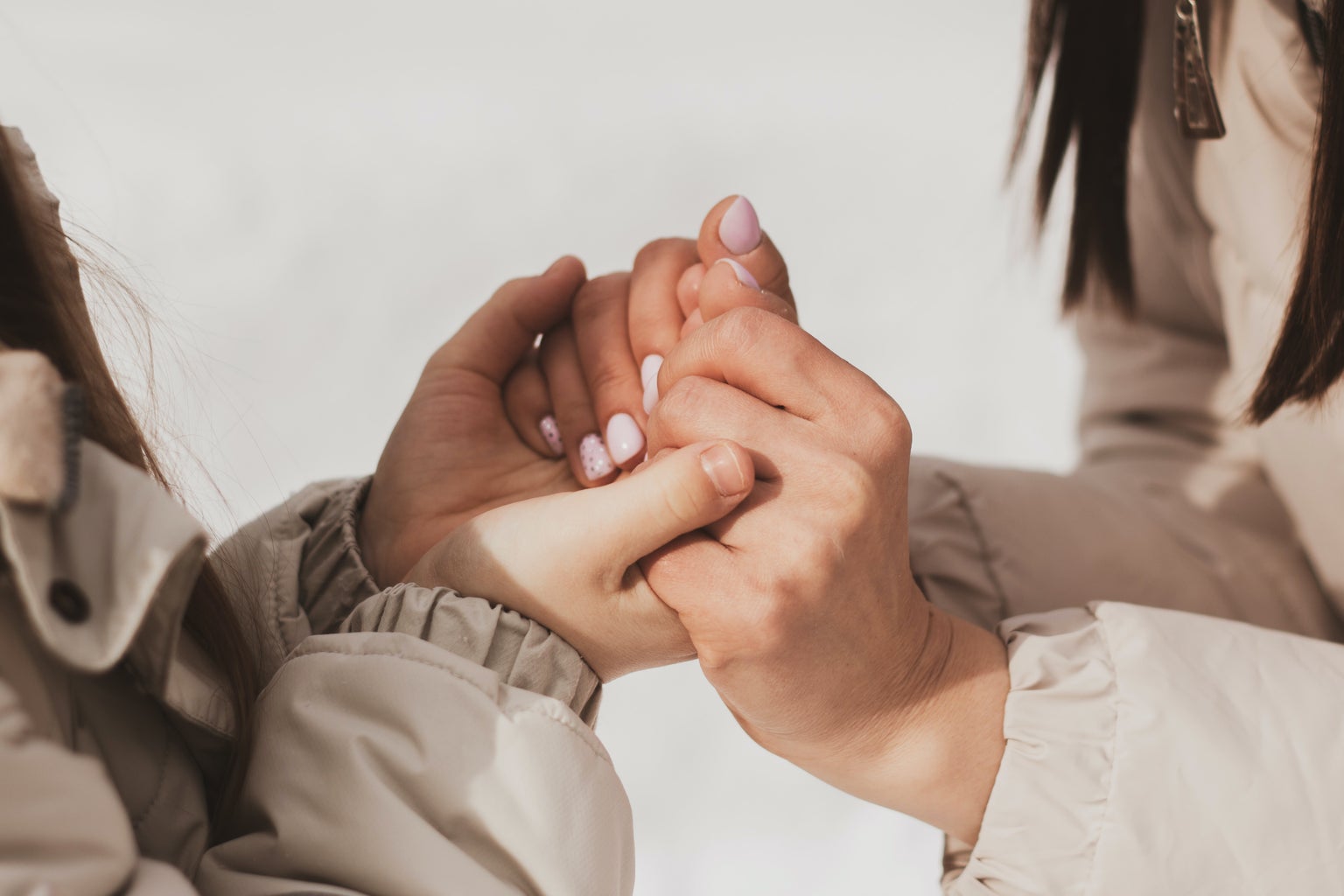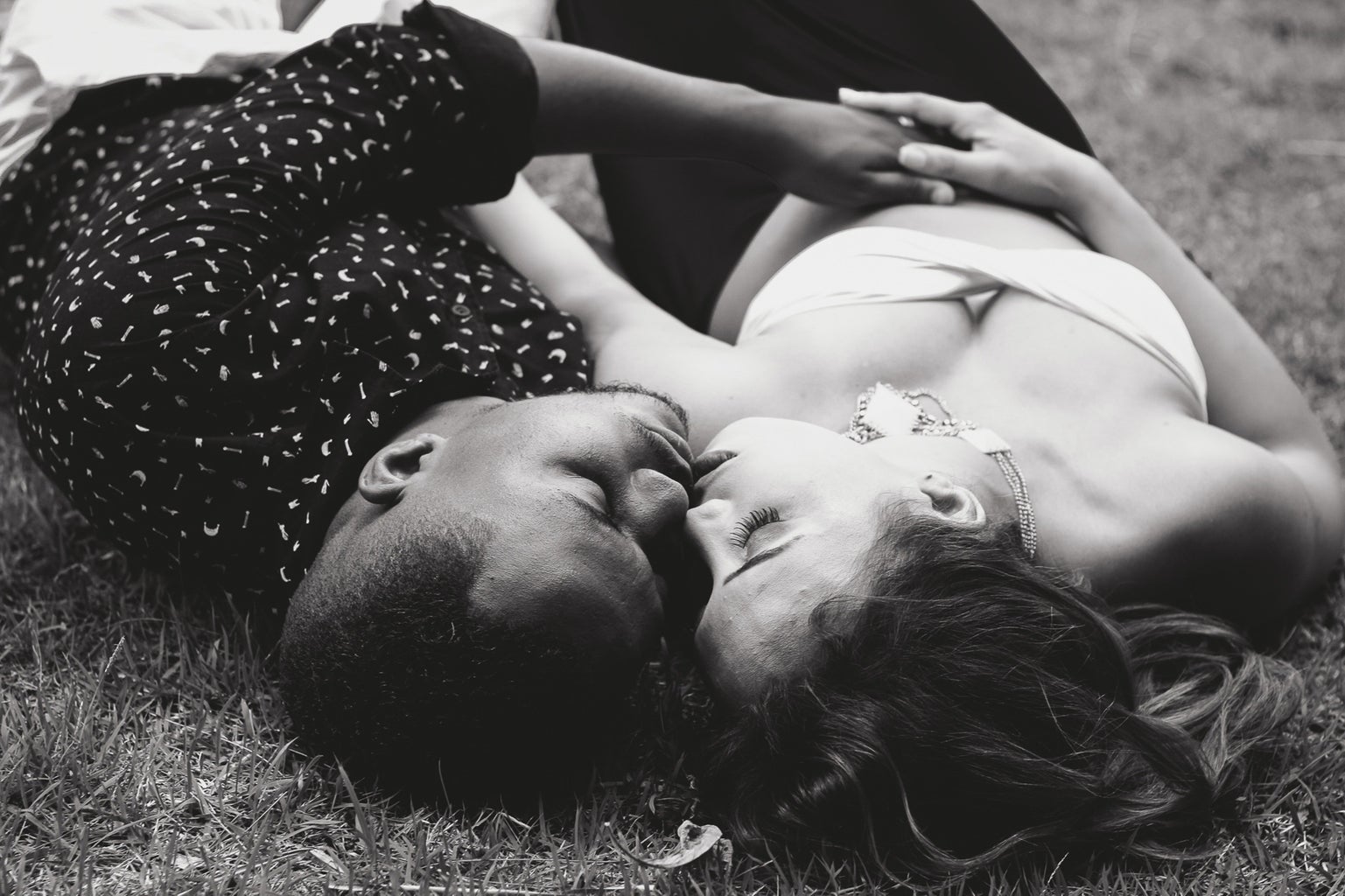It is quite an unforgettable feeling: the first time you realize you’ve fallen in love with someone.
An overwhelming unconsciousness, soars through your heart. Transcending all other emotions that have previously washed over you.
From my own experience, and others who’ve shared theirs as well, love has a tendency to appear in the most generic, yet unexpected, places.
For example, I fell in love for the first time in a Target parking lot. Can it get anymore basic than that?
Maybe the point love wants to get across is that its presence is so great, it can cause the most mundane places to metamorphosis into a majestic dream. Love is not about materialism, but the person in front of you — who you’re sharing the moment with.
Yet love is not only a silly fairytale, ending with Prince Charming holding your glass slipper. It’s a fact-proven, biological construction that begins in your brain.
According to a 2010 Rutgers study, falling in love causes our bodies to begin to produce and release “brain chemicals like dopamine, oxytocin, adrenaline, and vasopressin.”
However, if a love we construct becomes imploded, we may find ourselves suffocating under rubble and debris. A simple consequence of love we know all too well.
So if we know the consequences of falling in love, why do we do it so often?
Love is not simply a word spoken or an action performed. Love is what fuels our souls; an electrifying charge that centers around our beings.
Love is everything. It is evidently a natural part of the human lifestyle, regardless of its harsh ramifications.
Throughout our lives, the excitement of falling in love is ingrained in our minds. Films, art, books and songs tend to share a similar concept inspired by the single gratifying emotion.
I decided to take the power of love to new challenging heights. I began by asking Penn State students what questions they wanted answered about love.
Combining all the answers I received into a general category, there was one question that the students were yearning to have answered the most: “Do we ever forget our first love?”
According to Bustle, “no matter how much time has gone by or how many relationships you’ve had since, it’s hard to truly forget your first love.”
However it’s certainly not impossible. Before breaking down the process, we must learn that we will never forget our first love, but we can move on.
The first step to moving on is understanding the biological reaction that occurs when we fall in love.
As mentioned before, humans release a multitude of chemicals when they experience a relationship involving love.
Bustle explains that engaging in intimate activities such as, “hugging, kissing, and cuddling, can chemically bond you to your partner.” This resulting in the release of a love hormone, commonly known as oxytocin.
Along with the hormonal release of chemicals, our age plays an integral role in curating memories of the present emotion, which may later be elicited post heartbreak.
When we’re younger we have a greater ability to form distinct memories as a factor of our continuing growth.
“Since your memory is much stronger during this period, you’re much more likely to remember the experience of falling in love vividly.”
Kristine Fellizar – Bustle
The deeper we fall into love with an individual, the greater the love becomes etched on our brains. Forming an internal burden, which later arises when we’re faced with the challenge of leaving our love behind.
Though moving on from your first love is not impossible, it is certainly going to take time. It’s a psychological rewiring of our brains that we must undergo to progress onward.
Hence the reason why “forgetting” your first love is an unrealistic conception. We can’t forget memories that were internally cabled by the chemical hormones in our mind.
What we can do is move on to a new chapter that allows us to recall the memories in a different form. Think of it as a memory tune up.
Take the love you had, and recall all the positive feelings you experienced during that time. Finding gratitude in the fact that you were able to navigate a season of loving someone.
With this adjustment, comes self-reflection and a graceful patience. It is pivotal that we give ourselves time to heal, shining recognition on the love that once existed.
To love and be loved is one of the greatest contributions we can assemble throughout our lifetime. Love surpasses all understanding, flowing in a quiet confidence.
Some of us have successfully moved on, while others are just starting the process. No matter where you stand, be sure to acknowledge your strength.
This can be an exhausting process, one that involves a great willpower to follow through.
Perhaps, there’s a group of you reading this, who now want to reach out to their first love.
That is okay too, you can call them if you want to. I know I want to.
As we know, we truly never forget them.




